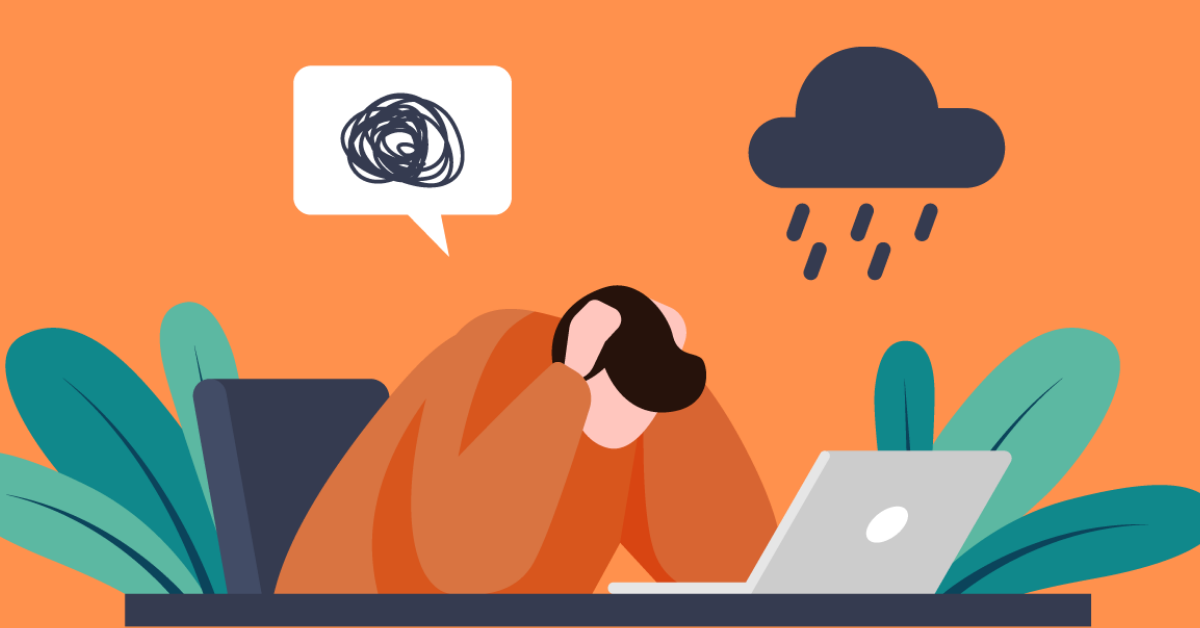
Lets talk about anxiety and stress
Anxiety is a future-oriented feeling of fear or apprehension. This emotion is our body’s natural response to stress in our environment. Like all of our emotions, anxiety has a very adaptive function. Gaining tools and tips on how to manage stress and anxiety in our lives will help reduce daily stressors that may arise.
When we experience a threat to our wellbeing (stress), anxiety motivates us to take action through our fight, flight or freeze response to keep us safe from harm.
For example, if you are about to cross the street when a vehicle is going to run the red light and hit you, your brain will automatically process this dangerous situation and motivate you to freeze and keep a safe distance.
Similarly, it is normal to feel anxious before an exam. The anxiety we experience will motivate us to study for the assessment, leading to better performance and improved self-confidence when we succeed. These two examples demonstrate how anxiety can be very useful for safeguarding our physical and mental wellbeing.
The unhelpful side of anxiety
Anxiety becomes maladaptive or unhelpful when there is no threat in our environment. If you freeze when crossing the street even though no vehicle is approaching, you could be standing at the cross walk forever! If you stay up all night studying for an exam without getting a good quality sleep, you will not consolidate the information into your long-term memory overnight.
This can lead to underperforming and more difficult emotional experiences like shame or guilt from a perceived failure. Anxiety also becomes maladaptive when high intensity of the emotion endures for long periods (over 2 weeks) without real threats in our environment.
Managing anxiety and stress without medication
So how do we cope with anxiety and manage stress in our environments to mitigate its potentially harmful effects? Here are some useful tips for managing daily stressors:
1. A good sleep routine – get in the habit of waking up and falling asleep at the same time every day. Limit technology usage before bed because the blue light from your screens affect the hormones that help regulate your circadian rhythm (your ‘internal clock’).
2. Eat regularly and healthy – follow the World Health Organization recommended guidelines or talk to a nutritionist about a healthy diet that suits your lifestyle.
3. Exercise daily – the World Health Organization recommends 150 minutes of moderate intensity or 75 minutes of vigorous intensity aerobic exercise throughout the week.

4. Practice mindfulness – a great way to help us remain focused on the present moment and being non-judgmental towards our thoughts, feelings, and behaviours.
5. Engage in a daily self-care routine – do one small thing every day as self-care and this will help you manage difficult emotions that arise throughout the day.
If you experience an intense moment of anxiety such as a panic attack, here are some tips to manage your distress in the moment:
- Breathe deeply – inhale through your nose for 4 seconds then exhale through your mouth for 8 seconds. Do this for 5 minutes and it will slow down your heart rate and reduce other symptoms of anxiety.
- Change your body temperature – run your face under the cold tap or plunge your face in an ice bath to kickstart your ‘dive reflex’ which will regulate your internal systems.
- Muscle relaxation – flex and tense muscle groups in your body 3 times each from your feet all the way up to your face.
If you feel like you are experiencing intense anxiety most of the day for over 2 weeks, you should consider seeking help from a mental health professional or speaking with your GP.
*This is not medical advice, please contact a medical professional if you think you need to seek further help.

